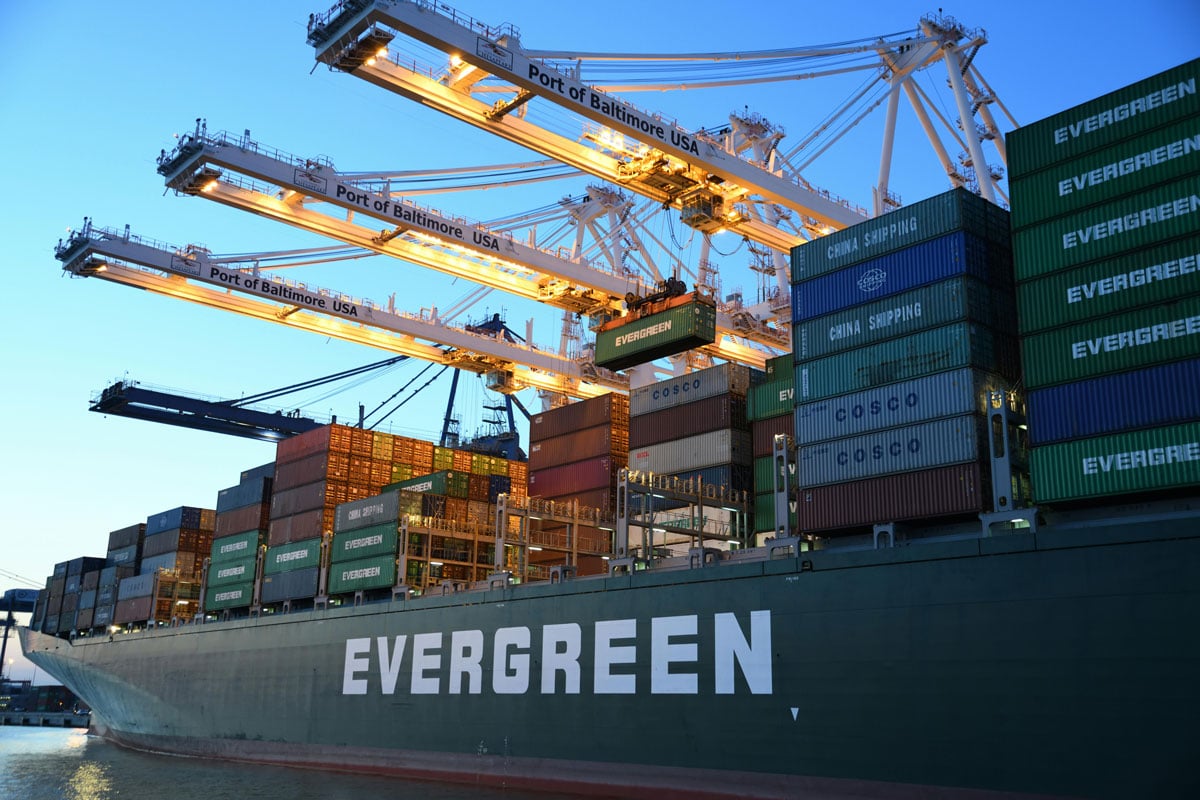
How to Minimize Cargo Risks: Proactive Strategies for Logistics Professionals
Key Takeaways:
-
Proactive Risk Assessment is Fundamental: Implementing thorough and regularly updated risk assessment protocols is the first crucial step in minimizing potential hazards to cargo during transport.
-
Robust Cargo Handling Procedures Reduce Damage: Investing in comprehensive staff training, quality packaging, and strict loading/unloading protocols is essential for preventing damage and reducing cargo claims.
-
Comprehensive Cargo Insurance Mitigates Financial Loss: Securing broad insurance coverage and understanding its terms provides vital financial protection against unforeseen events like theft, loss, or natural disasters.
-
Technology Enhances Monitoring and Prediction of Risks: Leveraging GPS tracking, data analytics, IoT devices, and AI can significantly improve real-time monitoring of cargo and enable proactive risk mitigation.
-
A Well-Understood Claims Process Ensures Efficient Resolution: Educating teams on the claims process, coordinating with insurers, and meticulous documentation are key to handling cargo damage effectively and maintaining customer satisfaction.
Managing risks in the logistics sector requires foresight and strategic planning, especially when it comes to cargo claims management and cargo risk management. This blog explores essential strategies that logistics professionals can implement to reduce risks and enhance efficiency in their operations.
Implement Rigorous Risk Assessment Protocols
Before any cargo is shipped, conducting thorough risk assessments is crucial. These assessments help identify potential risks associated with cargo transport:
-
Evaluate routes for potential hazards like weather conditions and geopolitical stability.
-
Assess transportation methods to determine which offer the safest passage for specific types of cargo.
-
Regularly update risk assessments to adapt to changing conditions and new challenges.
By maintaining rigorous assessment protocols, companies can preemptively address risks before they impact cargo, leading to smoother operations and fewer cargo insurance claims.
Strengthen Cargo Handling Procedures
Enhancing handling procedures is key to preventing damages that lead to cargo claims handling issues:
-
Train staff on best practices for cargo handling and security.
-
Utilize quality materials for packaging to ensure protection during transit.
-
Implement strict loading and unloading protocols to minimize handling errors.
Strong handling procedures minimize the risk of physical damage to cargo, thereby reducing the likelihood of cargo claims and enhancing overall logistics claims management.
Invest in Comprehensive Cargo Insurance
Securing appropriate cargo insurance is essential for mitigating financial risks associated with cargo loss and damage:
-
Choose policies that cover a broad spectrum of risks, including theft, loss, and natural disasters.
-
Understand the terms and conditions of your insurance to ensure adequate coverage.
-
Regularly review and adjust your insurance coverage to match the value and nature of the cargo you are transporting.
Adequate cargo insurance claims coverage ensures that you are financially protected against unforeseen events, forming a critical part of effective cargo risk management.
Leverage Technology for Enhanced Monitoring
Technology plays a pivotal role in modern cargo risk management:
-
Implement GPS tracking to monitor cargo movement and security in real-time.
-
Use data analytics to predict potential delays and optimize routes.
-
Adopt automated systems for inventory and condition monitoring throughout the transport process.
Utilizing cutting-edge technology not only enhances the capability to monitor and manage risks but also supports proactive logistics claims management.
Enhance Risk Management Through Technology Integration
Incorporating advanced technologies is pivotal for elevating cargo risk management within the logistics industry:
-
Utilize IoT devices for real-time monitoring and management of cargo conditions.
-
Deploy AI and machine learning to predict and mitigate risks based on historical data and trends.
-
Implement blockchain technology to ensure transparency and security in transaction records.
By embracing these technological solutions, logistics companies can significantly reduce potential losses and enhance customer satisfaction, leading to a more resilient and efficient supply chain.
The Claims Process in Logistics
A thorough grasp of the claims process is crucial in managing cargo damage effectively:
-
Educate your team on the steps involved in filing a damage claim, from initial reporting to final settlement.
-
Coordinate with the insurance company to streamline claim approvals and payments.
-
Document everything meticulously to ensure all details are captured, reducing the chances of disputes.
A well-understood claims process enhances customer satisfaction by ensuring quick and transparent handling of issues, minimizing financial losses.
Minimize Financial Risks with Insurance Coverage
Working with a reliable insurance company is essential in the transportation industry:
-
Select the right coverage that matches the risk profile of your cargo.
-
Review policies annually to adapt to changes in cargo value and risk factors.
-
Leverage insurance expertise to understand potential coverage gaps.
Adequate insurance mitigates financial losses and protects against potential losses, crucial for maintaining business stability.
Proactive Handling of Operational Disruptions
Operational disruptions can have a significant impact on the logistics industry:
-
Develop contingency plans for common disruptions like equipment failures or delays.
-
Train staff to handle disruptions efficiently, minimizing downtime.
-
Implement robust tracking systems to respond quickly to unforeseen events.
By managing operational disruptions effectively, logistics companies can maintain uninterrupted service, safeguarding customer relationships and supply chain stability.
Strategies to Preserve Customer Relationships
Maintaining strong customer relationships is key in the logistics industry:
-
Communicate proactively about any potential disruptions or issues.
-
Offer solutions before problems affect the customers.
-
Request feedback regularly to improve services.
Solid customer relationships are built on trust and transparency, critical in retaining clients and minimizing potential disruptions.
Navigate the Complexities of Freight Claims
Understanding the complexities of freight claims is essential for logistics companies:
-
Stay updated on regulations affecting freight claims.
-
Use technology to manage and track claims more efficiently.
-
Engage with claim experts to handle complex cases without errors.
Effective management of freight claims reduces potential losses and enhances the reputation of logistics companies as reliable partners.
Supply Chain Disruption Management
Supply chain disruptions pose a significant risk to the transportation industry:
-
Analyze supply chain vulnerabilities to identify potential risk points.
-
Implement diversified sourcing strategies to mitigate risks from single points of failure.
-
Regularly review supply chain performance to adapt to new challenges.
Proactive management of supply chain disruptions ensures operational efficiency and continuity, protecting against potential impact on service and profitability.
Regularly Review and Optimize Logistics Partnerships
Maintaining robust partnerships is crucial for effective cargo claims management:
-
Evaluate partners' performance regularly to ensure they meet safety and handling standards.
-
Choose partners with strong risk management processes in place.
-
Collaborate on risk management strategies to ensure alignment and cohesiveness across the supply chain.
Strong partnerships enhance the overall resilience of your logistics operations, reducing potential risks and improving the efficiency of cargo claims handling.
Enhance Your Cargo Risk Management Today!
Ready to take your logistics operations to the next level? Implement these proactive strategies to minimize risks and optimize your cargo claims management. Additionally, if you're looking for expert assistance with Commercial Truck Claims Management, our team is equipped to help you navigate trucking claims effectively. Don’t let preventable risks derail your business’s success. Contact us today for more insights and support in enhancing both your cargo and trucking claims management practices.

